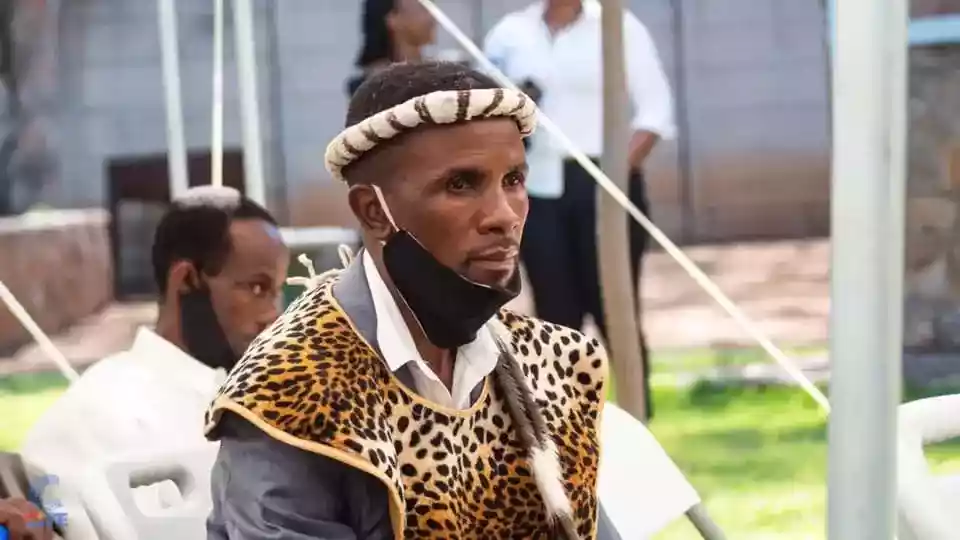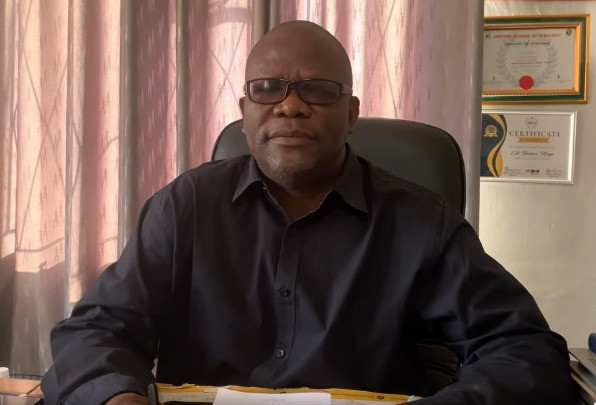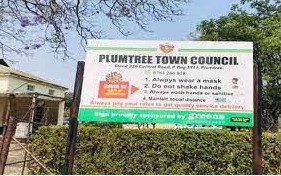
The Mthwakazi Republic Party (MRP) has publicly challenged the moral authority of African governments, highlighting that the African Charter on Human and Peoples’ Rights was adopted and came into force precisely during the peak of the 1980’s Gukurahundi massacres.
In a report released ahead of African Human Rights Day 2025, MRP leader, Mqondosi Moyo, framed historical juxtaposition as a deep continental failure.
The African Charter was adopted on June 1, 1981, and entered into force on October 21, 1986.
During the period, from 1983 to 1987, civilians in Matabeleland and Midlands endured the worst human rights atrocities in the country’s history by a North Korean-trained army unit, the Fifth Brigade.
The violence included public executions, torture, forced disappearances, and the burning of villagers alive.
Some estimates put the number of people that were killed by the army during that period at over 20 000 civilians.
“As Africa inaugurated its own Bill of Rights, thousands of civilians in Matabeleland and the Midlands were being massacred by the Fifth Brigade under the authority of the Zanu PF government,” Moyo stated.
“This bitter coincidence demands a painful question.
- MRP petitions prison services over jailed members
- Fear grips Mat'land political activists
- Peers fundraise for jailed MRP activists
- MRP official, wife survive mob attack
Keep Reading
“When Africa launched its human rights covenant, did the African governments take note of the genocide that was unfolding in Zimbabwe?.”
He described the situation as a “paradox” that “reveals the hypocrisy of post-colonial leadership — a liberation elite that replaced foreign domination with domestic tyranny.”
The report accused the then Organisation of African Unity of complicity through silence.
“No inquiry was initiated, no condemnation issued. Instead, fellow liberation movements closed ranks around Robert Mugabe’s government, elevating political loyalty above human life,” Moyo said.
The MRP leader also sharply criticized the Zimbabwe Human Rights Commission (ZHRC), which hosted this year’s African Human Rights Day commemorations in Bulawayo.
He labelled it a “textbook example of a smokescreen institution” that simulates compliance with human rights standards while being “structurally impotent.”
Moyo claimed the ZHRC has consistently failed to investigate or condemn state-perpetrated atrocities, including the Gukurahundi killings, and has remained silent on ongoing issues of political marginalization and cultural assimilation in Matabeleland.
The 2025 African Human Rights Day theme is Justice for Africans and People of African Descent Through Reparations.
Moyo urged African nations to address the historical violations, encourage genuine justice and accountability, and work towards restoration for the people of Matabeleland.
President Emmerson Mnangagwa, who was the State Security minister during the massacres, has launched public hearings into the mass killings led by traditional chiefs.
However, the process has been met with deep scepticism from survivors and opposition groups like Zapu, who question its impartiality and legitimacy.









